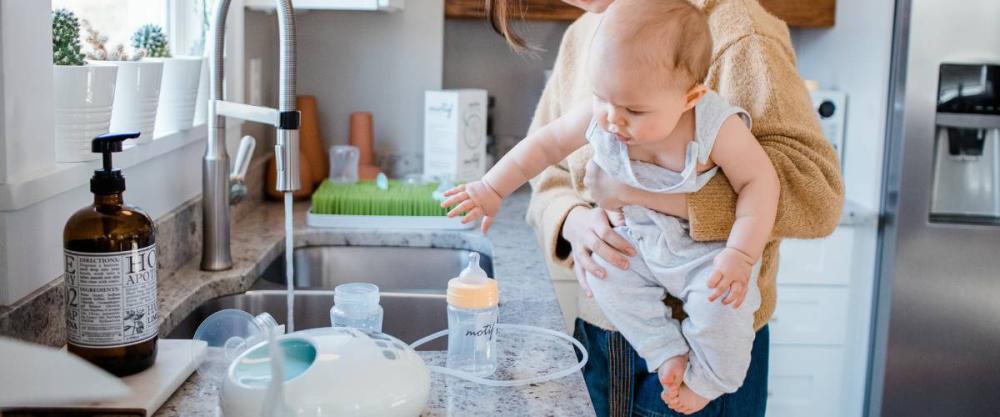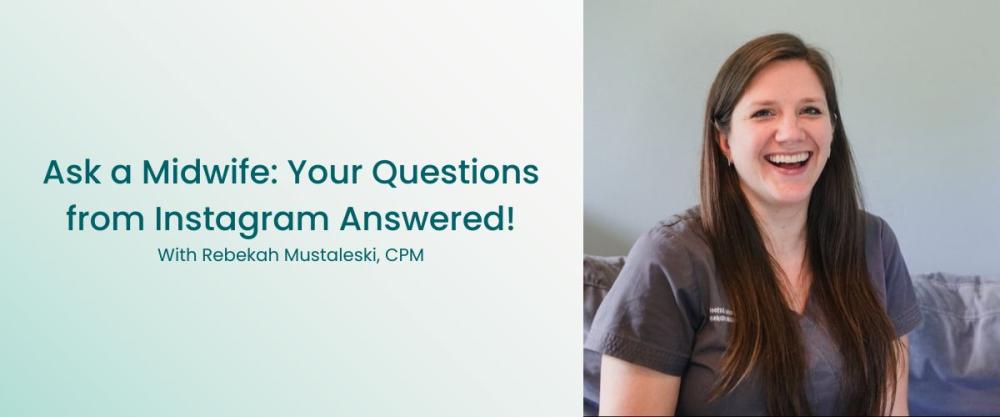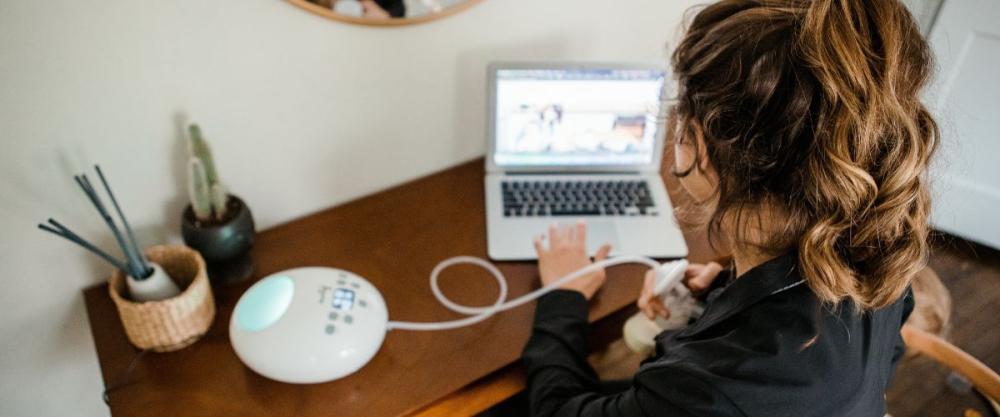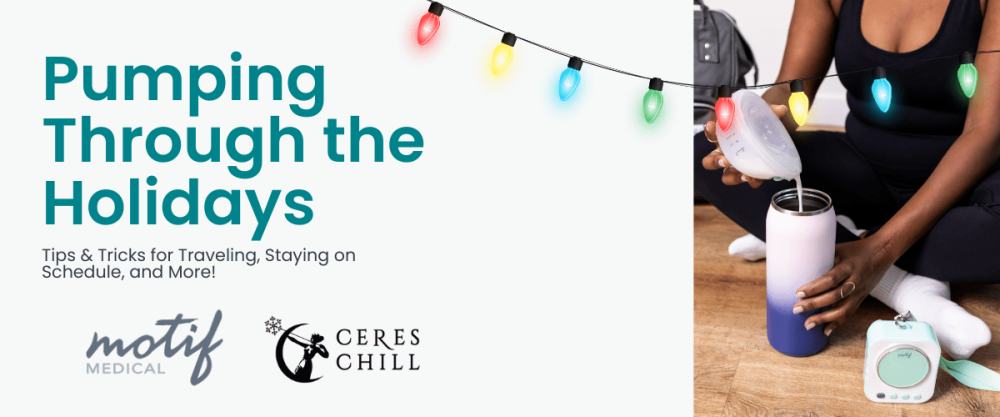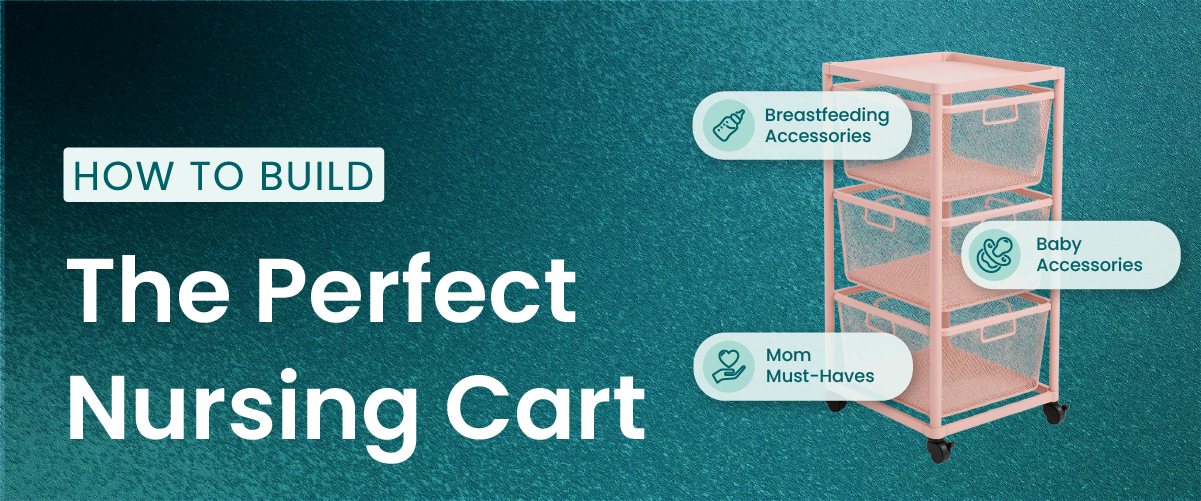Saving Money
With a flexible spending account or FSA, FSA-eligible products are deemed medically necessary or improve the overall outcome. While you put funds into this account, it is not taxed and is used to be spendable insurance for certain medical expenses and items- including pregnancy, postpartum, and lactation items, that many do not know are included in this account coverage.
FSA can help cover costs and reimbursement if you have already purchased eligible items. With an account, you submit a claim to the FSA (through your employer) with proof of the medical expense and a statement that your plan hasn't covered it. At that point, you can get reimbursed for your costs.
About FSA
There is a cap, limited to $3,050 per year per employer. If you’re married, your spouse can put up to $3,050 in an FSA with their employer.
Funds can pay for certain medical expenses for you, your spouse if you’re married, and your dependents. This can include medical care and health insurance copays, dental (dentures), vision expenses (prescription contacts, glasses), auditory (hearing aids), and other out-of-pocket, medically inclined expenses.
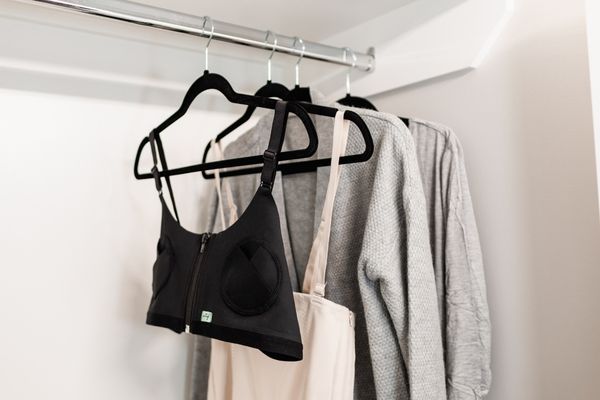

FSA and Pregnancy, Postpartum, and Lactation Eligible Expenses
Breast Pumps have become a high priority for insurance to make available, and depending on the insurance, they may cover the pump upfront or have the FSA reimbursement. Your insurance company may ask you to provide a letter of medical necessity that a pediatrician or lactation consultant can provide.
Hands-free nursing bras, and other pumping accessories, are a great addition to the FSA. Make sure the products you are interested in are qualifying, especially regarding the bras, as they also fall into attire categories, which are only sometimes covered. Breast shields and pump membranes are among the other pumping accessories to be aware of, as getting the right size matters for your shield/flange and keeping pumping at an optimal place with proper replacement as parts wear out.
What's Not Covered
While this is a pretty extensive list of medically inclined accessories that can be quite helpful throughout the pregnancy, postpartum, and lactation journey, some supplies aren’t covered by FSA dollars. For instance, nursing bras, covers, and breastfeeding pillows are beneficial accessories but are not covered by FSA. However, some therapeutic neck pillows can be pretty handy; they are covered.
Information provided in blogs should not be used as a substitute for medical care or consultation.

